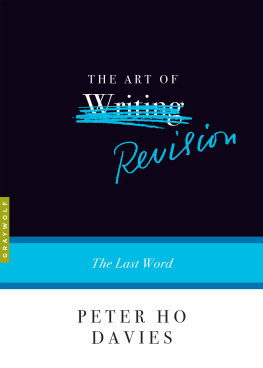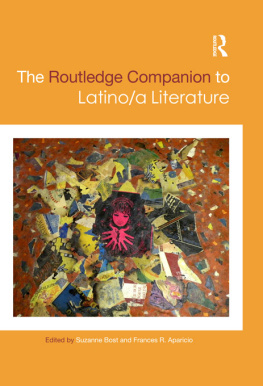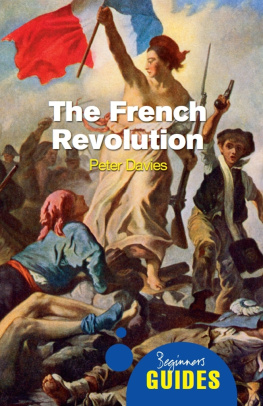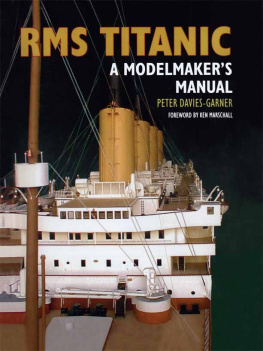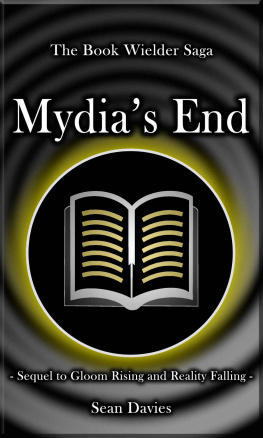Davies Peter - The Routledge Companion to Fascism and the Far Right
Here you can read online Davies Peter - The Routledge Companion to Fascism and the Far Right full text of the book (entire story) in english for free. Download pdf and epub, get meaning, cover and reviews about this ebook. publisher: Taylor and Francis, genre: Politics. Description of the work, (preface) as well as reviews are available. Best literature library LitArk.com created for fans of good reading and offers a wide selection of genres:
Romance novel
Science fiction
Adventure
Detective
Science
History
Home and family
Prose
Art
Politics
Computer
Non-fiction
Religion
Business
Children
Humor
Choose a favorite category and find really read worthwhile books. Enjoy immersion in the world of imagination, feel the emotions of the characters or learn something new for yourself, make an fascinating discovery.

- Book:The Routledge Companion to Fascism and the Far Right
- Author:
- Publisher:Taylor and Francis
- Genre:
- Rating:4 / 5
- Favourites:Add to favourites
- Your mark:
- 80
- 1
- 2
- 3
- 4
- 5
The Routledge Companion to Fascism and the Far Right: summary, description and annotation
We offer to read an annotation, description, summary or preface (depends on what the author of the book "The Routledge Companion to Fascism and the Far Right" wrote himself). If you haven't found the necessary information about the book — write in the comments, we will try to find it.
The Routledge Companion to Fascism and the Far Right — read online for free the complete book (whole text) full work
Below is the text of the book, divided by pages. System saving the place of the last page read, allows you to conveniently read the book "The Routledge Companion to Fascism and the Far Right" online for free, without having to search again every time where you left off. Put a bookmark, and you can go to the page where you finished reading at any time.
Font size:
Interval:
Bookmark:
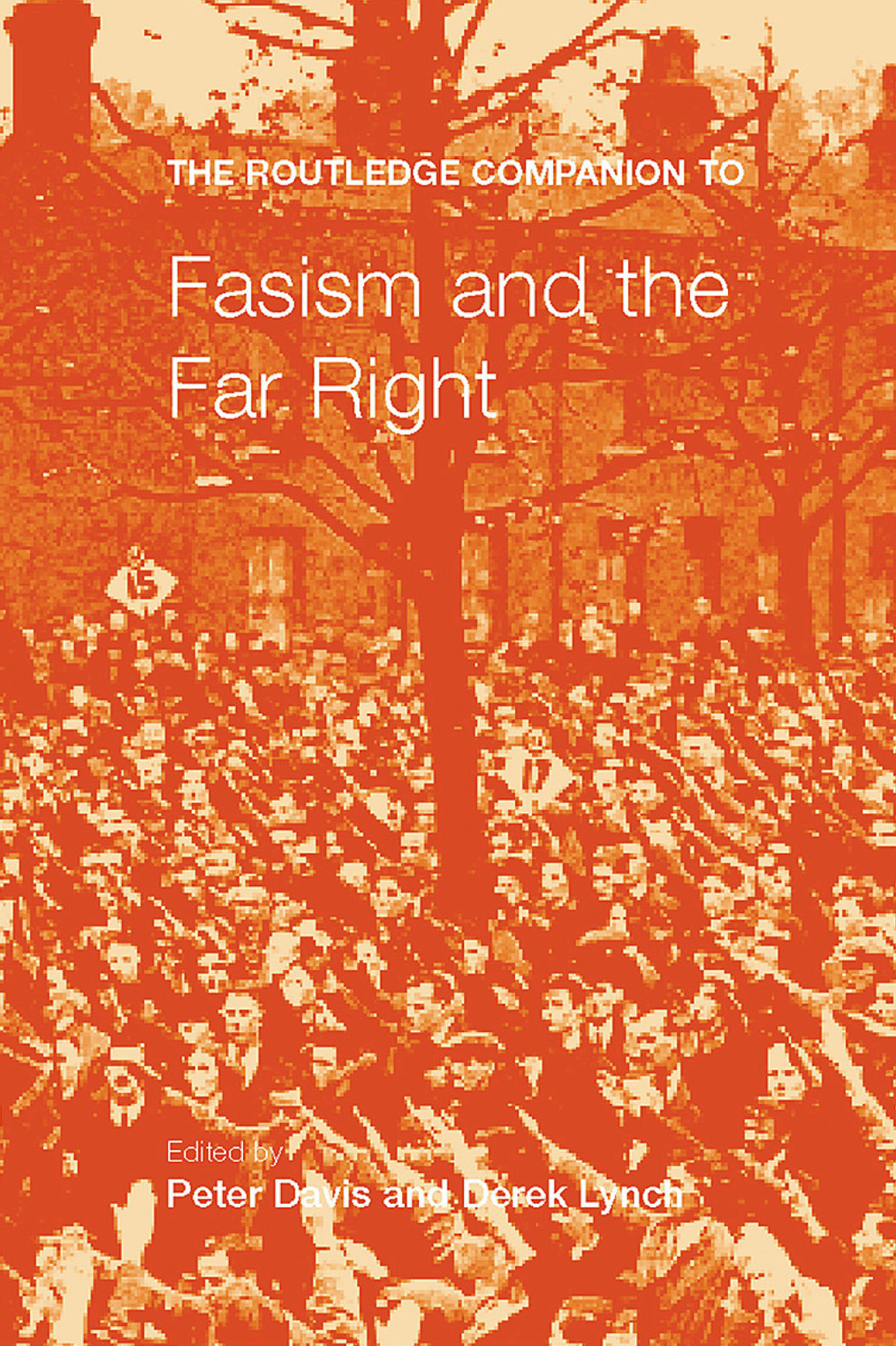
TO FASCISM AND THE FAR RIGHT
The Routledge Companion to Fascism and the Far Right is an engaging and accessible guide to the origins of fascism, the main facets of far-right ideology, and the reality of fascist and far-right government around the world. In a clear and concise manner, this book illustrates the main features of the subject using chronologies, maps, glossaries and biographies of key individuals. As well as the key examples of Hitler's Germany and Mussolini's Italy, this book also draws on extreme right-wing movements and regimes in Latin America, Eastern Europe and the Far East.
In a series of original essays, the authors explore the following aspects of fascism and the far right:
 Roots and origins
Roots and origins
 Ideology
Ideology
 Attitudes to nation and race
Attitudes to nation and race
 Social policy
Social policy
 Economic thinking
Economic thinking
 Diplomacy and foreign policy
Diplomacy and foreign policy
 The practice of politics in government and opposition.
The practice of politics in government and opposition.
Peter Davies is Senior Lecturer in European History at the University of Huddersfield. His books include The National Front in France (1999), France and the Second World War (2001) and The Extreme Right in France (2002). Derek Lynch is Senior Lecturer in Politics at the University of Huddersfield. He is currently working on a book on radio broadcasting and propaganda in the twentieth century.
Routledge Companions are the perfect reference guides, providing everything the student or general reader needs to know. Authoritative and accessible, they combine the in-depth expertise of leading specialists with straightforward, jargon-free writing. In each book you'll find what you're looking for, clearly presented whether through an extended article or an AZ entry in ways which the beginner can understand and even the expert will appreciate.
Routledge Companion to Global Economics
Edited by Robert Beynon
Routledge Companion to Feminism and Postfeminism
Edited by Sarah Gamble
Routledge Companion to the New Cosmology
Edited by Peter Coles
Routledge Companion to Postmodernism
Edited by Stuart Sim
Routledge Companion to Russian Literature
Edited by Neil Cornwell
Routledge Companion to Semiotics and Linguistics
Edited by Paul Cobley
Routledge Companion to Fascism and the Far Right
By Peter Davies and Derek Lynch
FASCISM AND THE FAR RIGHT
Peter Davies and Derek Lynch

First published 2002
by Routledge
11 New Fetter Lane, London EC4P 4EE
Simultaneously published in the USA and Canada
by Routledge
29 West 35th Street, New York, NY 10001
Routledge is an imprint of the Taylor & Francis Group
This edition published in the Taylor & Francis e-Library, 2005.
To purchase your own copy of this or any of Taylor & Francis or Routledge's collection of thousands of eBooks please go to www.eBookstore.tandf.co.uk.
2002 Peter Davies and Derek Lynch
All rights reserved. No part of this book may be reprinted or reproduced or utilised in any form or by any electronic, mechanical, or other means, now known or hereafter invented, including photocopying and recording, or in any information storage or retrieval system, without permission in writing from the publishers.
British Library Cataloguing in Publication Data
A catalogue record for this book is available from the British Library
Library of Congress Cataloging in Publication Data
A catalog record for this book has been requested
ISBN 0-203-99472-8 Master e-book ISBN
ISBN 0-415-21494-7 (hbk)
ISBN 0-415-21495-5 (pbk)
We would like to thank the following people: Gillian Oliver, Lauren Dallinger and Vicky Peters at Routledge for their support and encouragement; Bill Roberts and Rainer Horn at the University of Huddersfield for their help on specific topics.
We are also indebted to the many historians and political scientists who have worked on the subject of fascism before us. It has been a pleasure to explore their writings.
Throughout the book, cross-references will be shown in bold. They aim to help the reader navigate through the book. All names and terms in bold can be found in either the Biography or the Glossary.
The Routledge Companion to Fascism and the Far Right is designed as a reference source and guide for all those with an interest in the phenomenon of fascism and far-right politics. Given a pervasive, and in some respects, unhealthy preoccupation with the Second World War and fascism among some sections of the general public, the popular literature on the topic is vast and slightly unhelpful. However, there is also a renewed interest in the serious academic study of fascism and the far right, fuelled by the persistence of extremist ideology in a post-Cold War world in which ideology was meant to wither away. The 1990s witnessed the revived visibility of ethno-nationalism and associated genocidal violence (e.g. in Bosnia or Rwanda); the influence of former neo-fascists in the Italian Alleanza Nazionale (AN); the prominence of the Front National (FN) in France, the Freiheitliche Partei sterreichs (FP) in Austria, the National Demokratische Partei Deutschlands (NPD) in Germany, and groups like Pamyat in Russia. These trends go beyond Europe: we could include the rise of Hindu nationalism in India, as reflected in the ascendancy of the Bharatiya Janata Party and the Rashtriya Swayamsevak Sangh (RSS), or the prominence of some of the more violent and conspiratorial militia groups in the US. At an instinctive level, all of these are called far right, just as fascism is; and yet there is unease about linking them all to Adolf Hitler or Benito Mussolini. An accurate understanding of these phenomena requires careful study and some effort at dispassionate analysis.
The first problem to be encountered by any observer is that of a definition, or, seen another way, that of too many definitions, not merely of the far right but of fascism itself. A more precise purpose of the Companion, therefore, is to help readers understand the location of fascism and the far right on the political landscape, and the boundaries between them and other movements of thought in the twentieth and twenty-first centuries. To this end, readers will find material on rightist parties or personalities that are/were close to fascism, as well as those that are commonly juxtaposed with it.
The Companion will provoke readers into asking questions about the nature of these ideologies, as well as providing some answers. One question may already have crossed their minds: why not confine the book to fascism? The most obvious reply is that fascism is seen as a quintessential movement of the far right. It is also evident that some concerns emphasised by fascists were or Ambiguities and paradoxes such as these abound and cannot be dismissed as merely academic preoccupations. They are critical to an understanding of the role of fascism and the far right in modern history and politics, even in the post-Cold War world, and, we hope, are already among the concerns of the curious and inquisitive reader of a book like this one.
Font size:
Interval:
Bookmark:
Similar books «The Routledge Companion to Fascism and the Far Right»
Look at similar books to The Routledge Companion to Fascism and the Far Right. We have selected literature similar in name and meaning in the hope of providing readers with more options to find new, interesting, not yet read works.
Discussion, reviews of the book The Routledge Companion to Fascism and the Far Right and just readers' own opinions. Leave your comments, write what you think about the work, its meaning or the main characters. Specify what exactly you liked and what you didn't like, and why you think so.




